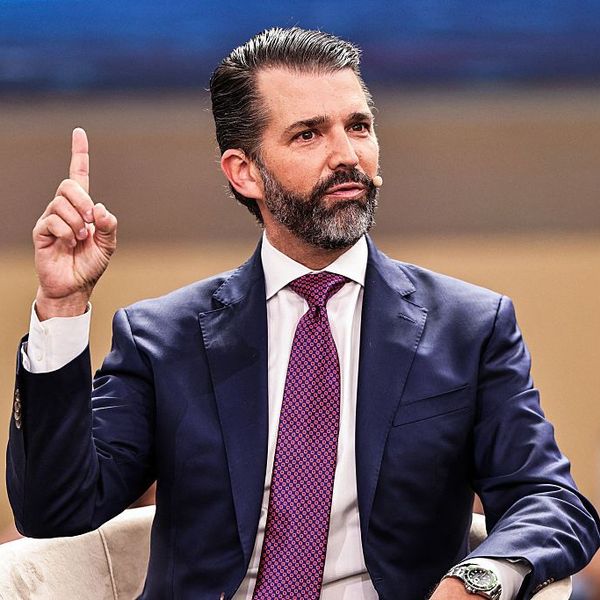of a presidential memorandum Donald Trump is expected to sign within days suspends a 2010 rule that discouraged American companies from funding conflict and human rights abuses in the Democratic Republic of Congo through their purchase of "conflict minerals."
The memo, distributed inside the administration on Friday afternoon and obtained by The Intercept, directs the Securities and Exchange Commission to temporarily waive the requirements of the Conflict Mineral Rule, a provision of the Dodd Frank Act, for two years -- which the rule explicitly allows the president to do for national security purposes. The memorandum also directs the State Department and Treasury Department to find an alternative plan to "address such problems in the DRC and adjoining countries."
The idea behind the rule, which had bipartisan support, was to drain militias of revenue by forcing firms to conduct reviews of their supply chain to determine if contractors used minerals sourced from the militias.
The impending decision comes as Trump held a meeting Wednesday with Brian Krzanich, the chief executive of Intel, one of the leading firms impacted by conflict mineral regulations. At the White House today, Krzanich appeared with the president to announce a new manufacturing plant in Arizona.
Human rights advocates -- who had celebrated the conflicts rule as a major step forward -- were appalled. "Any executive action suspending the U.S. conflict minerals rule would be a gift to predatory armed groups seeking to profit from Congo's minerals as well as a gift to companies wanting to do business with the criminal and the corrupt," said Carly Oboth, the policy adviser at Global Witness, in a statement responding to a Reuters article that first reported the move.
"It is an abuse of power that the Trump administration is claiming that the law should be suspended through a national security exemption intended for emergency purposes. Suspending this provision could actually undermine U.S. national security."
Read the full article at The Intercept.


